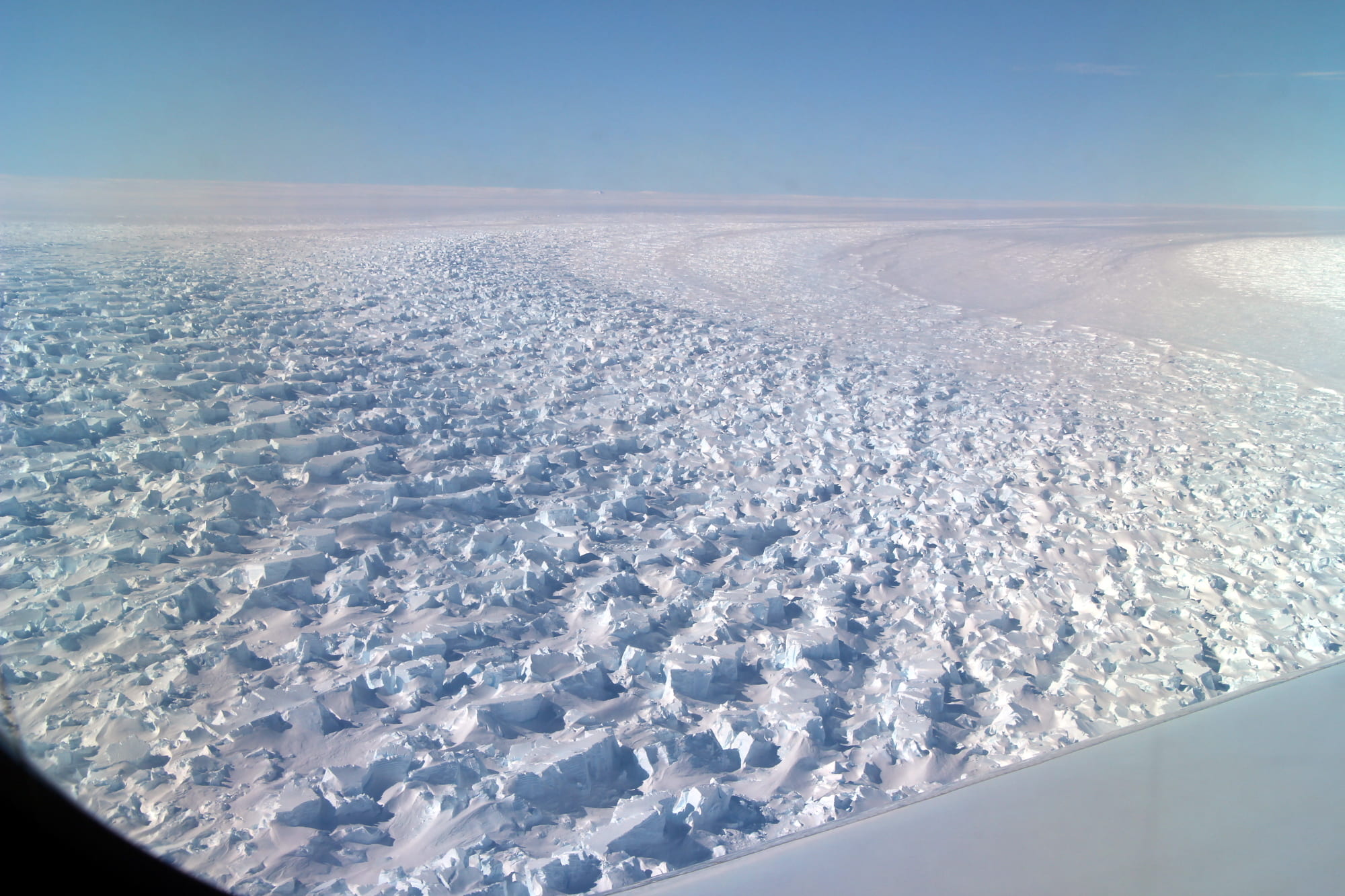Reflecting on water
Helen Ingram has the inside story on water — the politics, the economics and how we ‘move it around’
When Helen Ingram turns the tap in her 1880s adobe home, she sees not water, but rather a cascade of builders, fishermen, farmers, environmentalists, politicians, activists, technocrats, bureaucrats and autocrats.
Ingram’s “visions” flow from decades of studying political behavior connected with water issues, particularly in the arid western states like California where water determines not only lifestyle, but life itself.
“Mother Nature never agreed to supply humans with water in the right quantity, in the right quality, and in the right place that humans think they want it. So we move it around,” says Ingram, a recognized world leader in national and international public policy dealing with managing water and other natural resources.
“Water is often thought about as an engineering and technical subject, laying pipes in the right way. People don’t realize the extent to which politics and social organization determine whether water flows from their taps.”
Ingram is a political scientist who has held the UCI Warmington Endowed Chair in the School of Social Ecology since 1995. She also has a ringside seat to California’s current water battle as a member the CalFed Science Advisory Panel, created to provide scientific insight to the agencies that try to sort the competing and conflicting needs of thirsty Californians.
“Compromise is particularly hard with such a basic as water,” Ingram says. “If you want economic development, water is a part of it. If you want to even begin protecting the environment, water is a part of it. So people get steamed up about these issues, particularly in the west where water is a scarce commodity. There are lots of reasons for conflict and yet water is too important to fight over. So we’ve come up with institutional arrangements to try to get an agreement.”
In California, that institution is the CalFed program, which has pulled together a plethora of federal, state and local public officials, environmentalists, farmers, developers and water specialists. Key to the program is “adaptive management,” which means responding to new scientific evidence. The science advisory panel, which includes Ingram, provides critical review of actions as they unfold.
The program grew out of a bitter fight over protection of endangered species in the San Francisco Bay delta areas at the expense of sufficient water to serve both farmers in the Central Valley and thirsty cities growing rapidly in Southern California. CalFed promises to provide some benefits to most interests: farmers who want certainty that endangered species protection will not threaten their water supply; environmentalists who seek to protect and restore the fragile delta and its wildlife; and cities and business interests that desire certainty the pumps sending water south from the delta will not be shut down.
While the CalFed project brought them all to the table, long-term agreement remains elusive.
“We have forestalled a knock-down, drag-out, with a lot of winners and a lot of losers,” Ingram says. “Maybe nobody is completely happy with this process, but it is better than the alternative of deadlock and conflict. Whether both the science and the institutions improve and grow stronger remains to be seen.
“In search of better management strategies, we’ve returned to data gathering to learn more about the delta and its health, more about salmon and delta smelt and how they live. What are the key stages in their life cycles, which are the most serious threats, and what are the best ways to insure restoration?
“Of course,” Ingram says, “what matters is not just the physical science, but the politics and institutions governing the relationships of science to decision-making.”
That is where her expertise comes in. For Ingram, the problems of water in California are simply a reflection of the growing water crisis worldwide.
“Environmental security including access to sufficient fresh water supply can be the cause of international conflict. Water has a close connection to such basic issues as self-determination, fairness, and opportunity. Avoiding damaging water conflict will require good science and finely tuned decision processes.”
And the water problems are not likely to evaporate.
“Like a lot of political problems these are not solved, just worked on. It’s a work in progress.”
